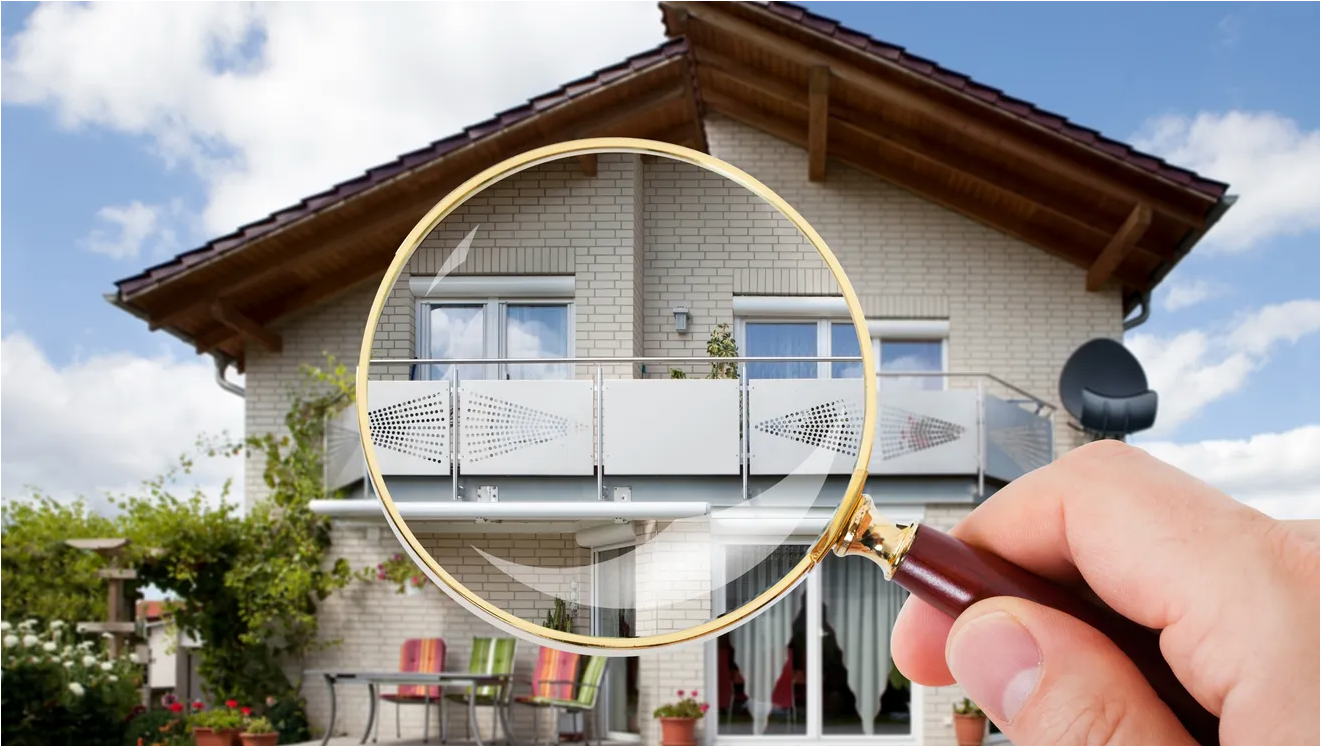Home Inspection in Texas: Everything You Need to Know
As a homeowner or potential homebuyer in Texas, it’s important to understand the role of a home inspector and what they look for during a home inspection. A home inspection is a crucial step in the home-buying process that provides valuable information about the condition of a property. In this article, we’ll go over what home inspectors look for during a Texas home inspection and what you can expect from the inspection process.
Understanding the Role of a Home Inspector
A home inspector is a licensed professional who evaluates the condition of a property. They are trained to identify potential issues that may not be immediately visible to an untrained eye. Home inspectors provide an objective evaluation of the condition of a property, and their findings are presented in a detailed inspection report.
What Do Home Inspectors Look for During a Texas Home Inspection?
During a Texas home inspection, a home inspector will evaluate the following areas:
- Roof and Attic
- The home inspector will inspect the roof for any signs of damage or wear and tear. They will also evaluate the condition of the attic, including insulation, ventilation, and signs of leaks.
- Foundation
- The foundation of a home is a critical component that supports the entire structure. A home inspector will evaluate the foundation for any signs of cracks or damage.
- Electrical System
- A home inspector will evaluate the electrical system, including the wiring, outlets, and circuit breakers. They will also check for any potential fire hazards.
- Plumbing System
- A home inspector will evaluate the plumbing system, including the water supply, drainage, and sewage systems. They will also check for any leaks or signs of water damage.
- HVAC System
- The heating, ventilation, and air conditioning (HVAC) system is responsible for maintaining a comfortable temperature in the home. A home inspector will evaluate the HVAC system for any signs of damage or wear and tear.
- Appliances
- A home inspector will check the condition and functionality of appliances that are included in the sale of the home, such as the refrigerator, dishwasher, and oven.
What Happens After the Inspection?
After the home inspection, the home inspector will provide a detailed inspection report revealing the results of the inspection. The report will identify any potential issues with the property and provide recommendations for repairs or further evaluation. Based on the results of the inspection report, the homebuyer may choose to negotiate repairs or a lower purchase price.
In Conclusion
A home inspection is a critical step in the home-buying process that provides valuable information about the condition of a property. It’s important to choose a licensed and experienced home inspector to ensure a thorough evaluation of the property. By understanding the role of a home inspector and what they look for during a Texas home inspection, you can make an informed decision when buying or selling a home.




